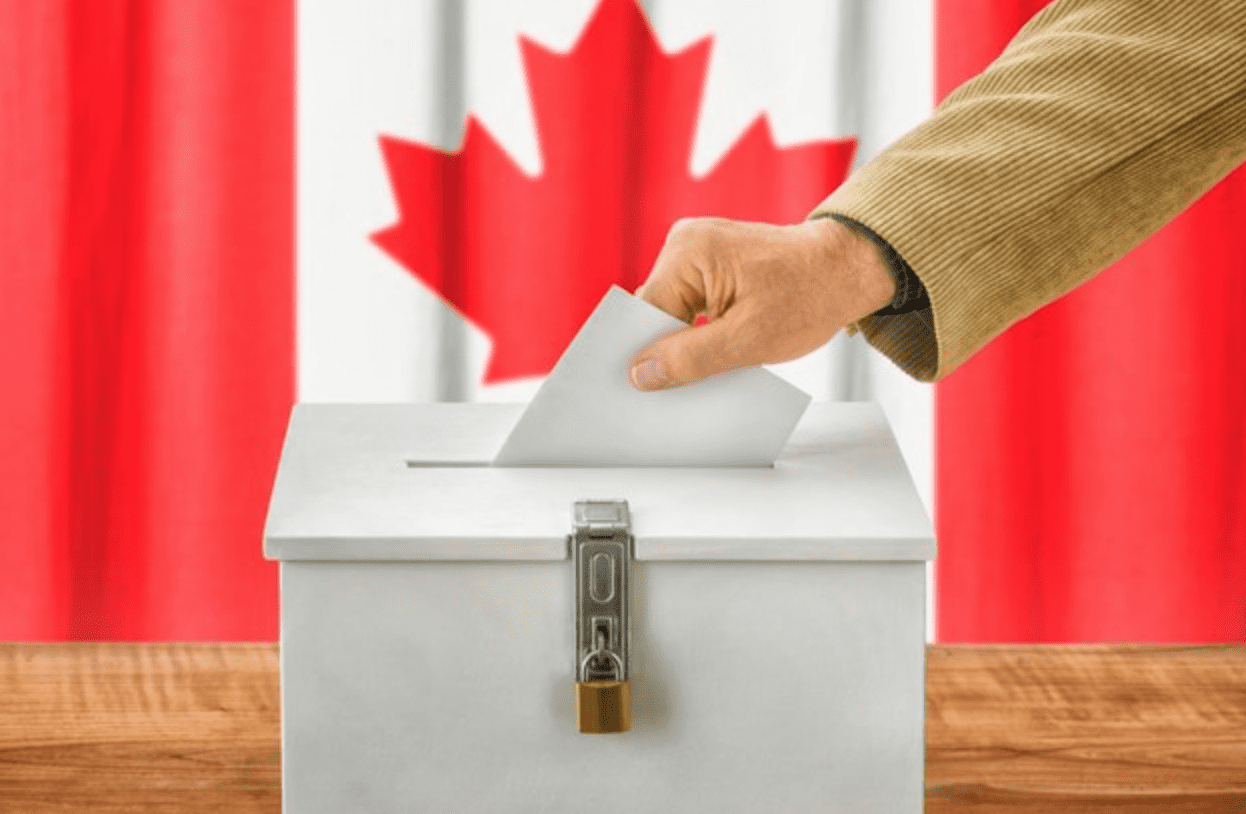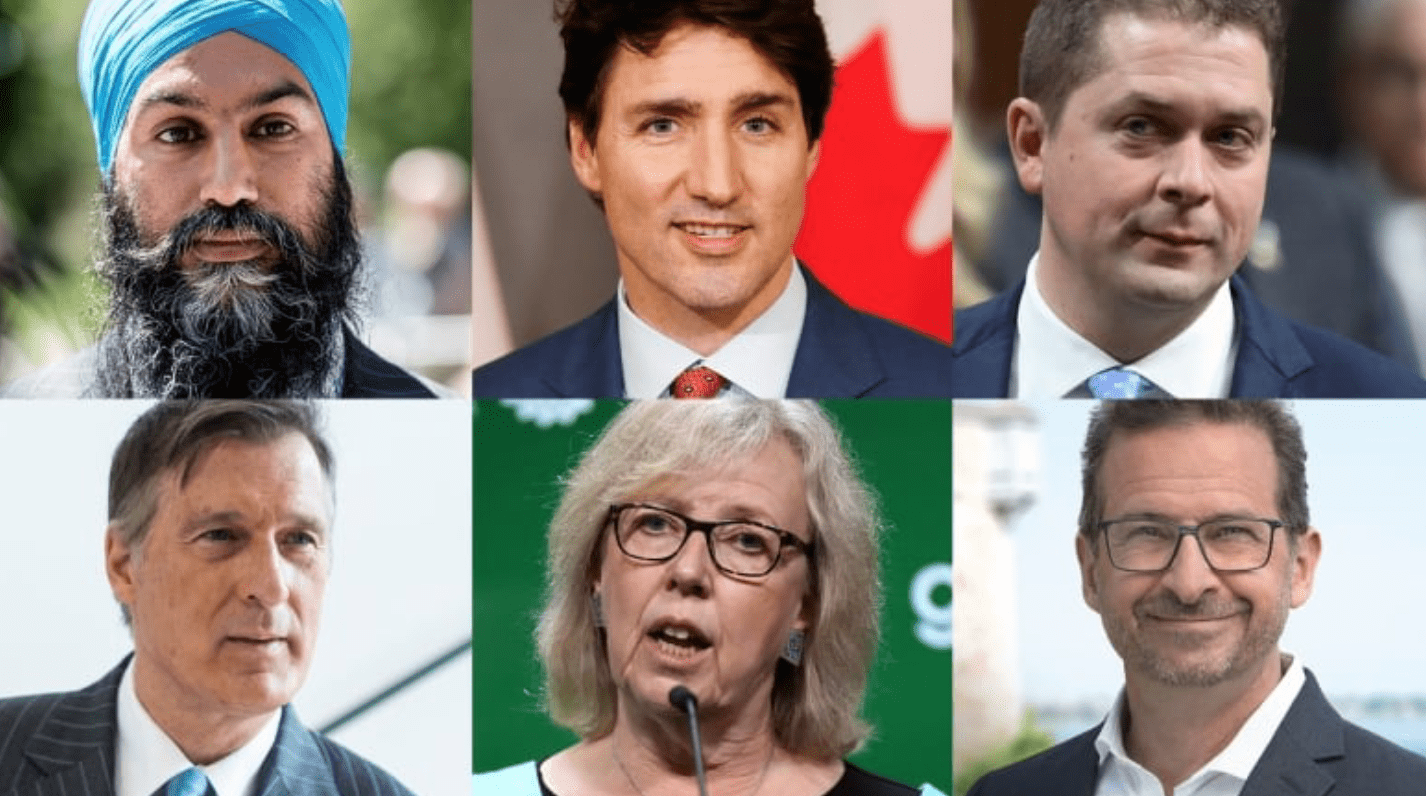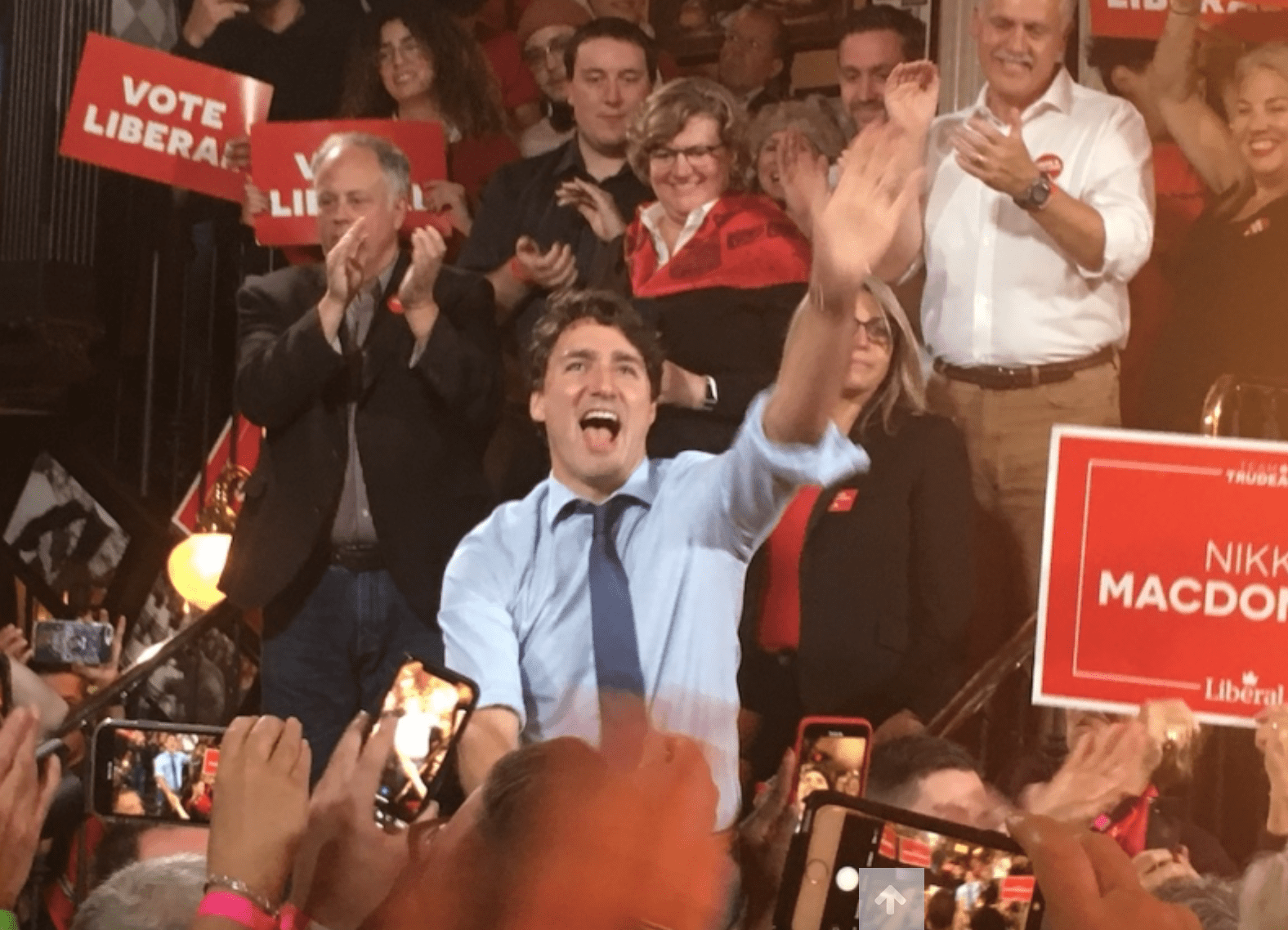This election has been a relentlessly awful, gruelling slog, routinely derided as the "dirtiest" or "nastiest" in recent memory, and between the pundit class denouncing it as an election about nothing, and the collection of uninspiring leaders before us, it makes one wonder how we fix this mess that we've found ourselves in. And no, not voting or spoiling your ballot isn't going to send the parties a message. They won't actually care in the bigger picture, and in all likelihood, they'll just double down on the kinds of things they've done to make this election so awful. So just what can we as Canadians do?
The first thing to remember is that the parties won't do anything to fix this situation out of the goodness of their hearts or some grand belief in democracy, in part because they have become a big part of the problem. Now, before you think this is some kind of call to abolish political parties, you'd be wrong. Parties are at the heart of our system and are tremendously important for the exercise of Responsible Government. In fact, our system could not effectively work without parties because it would devolve into factions that would need to rely on buying the support of other MPs in order to cobble together enough votes to pass Supply, a budget, or confidence. It would grind to a halt, and that's not a good thing.
Rather, the problem is that the parties are no longer acting in the way that parties are supposed to. They have become hollowed out and are only now vehicles for the personality cult of the leader, whoever that leader may be (with the exception of the Conservatives they remain a personality cult of their former leader rather than the current one, the reason for which one can speculate endlessly). It is no longer about building commonalities between ridings and regions, and creating a structure by which grassroots members can interact with the caucus in order to ensure that their concerns are heard. What used to be a fairly bottom-up process for policy development and candidate selection is now a top-down machine in the service of the leader, where party constitutions have been re-written over and over so that the leader is now the ultimate decider of policy, nomination races, and everything that happens in the party. All levels of accountability have largely been wiped away most especially in the Liberal fold.
Of course, we helped make this happen when we decided that it was somehow "more democratic" to choose those party leaders by membership votes rather than the caucus selecting from among their own, as was the traditional manner in the Westminster system. It gave these leaders the false notion that they have some kind of "democratic legitimacy" that they use to bully their caucus members, and empower their staffers to do as well. With the more power that they centralized and amassed, they started to more consciously ignore the policy resolutions that the grassroots membership would send them every other year, as we started to insist that leadership candidates run with a suite of policy planks as though this were an American presidential primary. As leaders came in with policies of their own, the grassroots were further marginalized.
The focus on the leaders during the election cycle has become so overpowering that policy is a secondary consideration, and the all of the attention was simply on leaders tripping themselves up and trip themselves up they did. Repeatedly. But when your focus is on the leader, you start to live and die by your leader rather than the individual candidates, or the strength of the party brand for that matter. And in order to bring down the rival leaders, the parties did a lot of personal attacks that they wrapped up in this faux-guise of "positivity" for their own message. It was absolutely a mud-slinging match because the calculation was that they needed to take down the other leaders, and it became personal in that regard.
So the question remains how do we, as Canadians, fix this? First of all, stop looking for messiahs. Stop looking for another leader who will check all of the boxes and be your everything, because that will only perpetuate the same problems that we have right now. Another messianic leader will only become one more target for the other leaders to try and take down, and the cycle will simply repeat itself.
Next, Canadians need to get re-engaged with the parties at the grassroots level, if they have any hope of trying to take back the power from the party leaders. And that's going to be a lot of hard work, and a hell of a lot of organizing and agitating, but it's the only way we're going to see change. You can be sure that the leaders won't want to give up that power now that they've slowly acquired and consolidated it, but giving our system the kick in the ass it needs to essentially reboot itself will mean that grassroots players will have to demand to reform their party's constitutions to take the power back from the centre, and consequently for the same grassroots to give up the power to vote for the leader and return it to caucus. It may seem counter-intuitive if you want to re-empower the grassroots, you need to restore the tension between the grassroots party and the parliamentary party rather than the parliamentary party having consumed the grassroots as now exists.
It's not an easy task. In fact, it's going to be exceedingly difficult, but if we want change the course that we're on, we need ordinary Canadians to step up and take charge. Only if they reclaim their place at the heart of grassroots democracy can we hope to prevent another awful election like this one, and create a better Parliament in the process. And that work has to start today.










